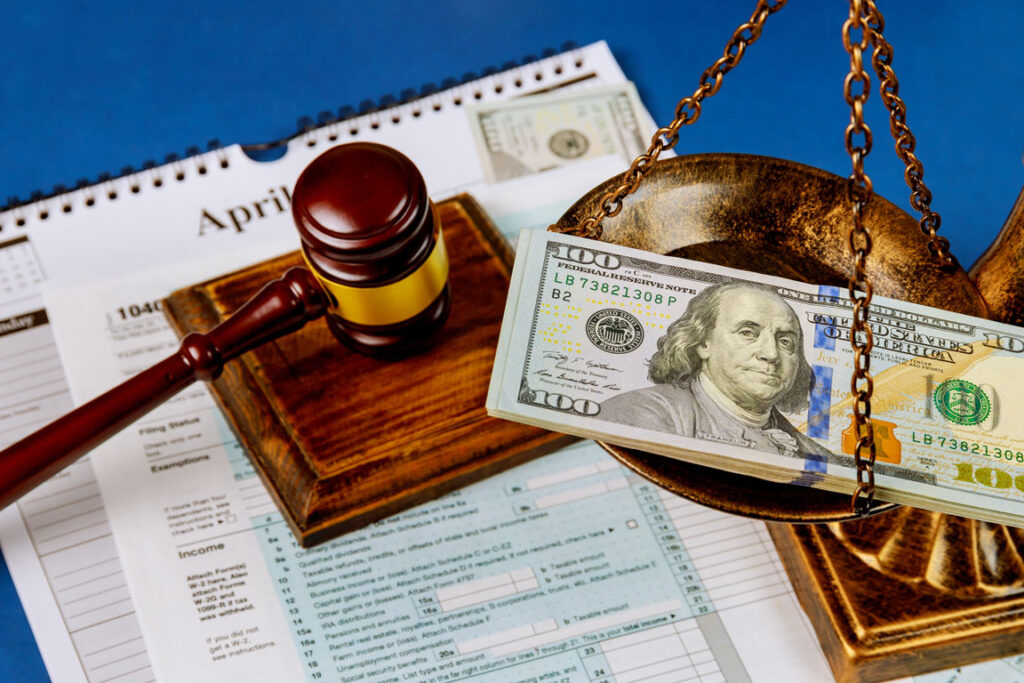When deciding to file for bankruptcy, you may wonder how the bankruptcy process may affect your taxes. In most bankruptcy cases, we can discard back taxes more than three years old. This article will provide some background information on chapter 7 and chapter 13 bankruptcy, along with how they correlate to your taxes.
Chapter 13 Bankruptcy – Voluntary Reorganization of Debt for Individuals
Chapter 13 bankruptcy is only available to wage earners, the self-employed and sole proprietors (one person businesses). To qualify for Chapter 13, you must have regular income, have filed all required tax returns for tax periods ending within four years of your bankruptcy filing and meet other requirements set forth in the bankruptcy code.
Estimated Proofs of Claim
The IRS files estimated proofs of claim if you have unfiled, past due federal tax returns. It’s important to have an up-to-date proof of claim for any federal taxes you owe before confirmation of your Chapter 13 plan. This ensures you don’t pay any more than you need to and minimizes discharge of the tax debt issues upon completion of the Chapter 13 plan.
To help the IRS quickly amend an estimated proof of claim, promptly provide the IRS bankruptcy specialist with a copy of each late filed return for each year on the proof of claim. This helps to avoid unnecessary litigation on the proof of claim or discharge of the liability.

Chapter 7 Bankruptcy
A chapter 7 case begins with the debtor filing a petition with the bankruptcy court serving the area where the individual lives or where the business debtor is organized or has its principal place of business or principal assets. (3) In addition to the petition, the debtor must also file with the court: (1) schedules of assets and liabilities; (2) a schedule of current income and expenditures; (3) a statement of financial affairs; and (4) a schedule of executory contracts and unexpired leases. Fed. R. Bankr. P. 1007(b). Debtors must also provide the assigned case trustee with a copy of the tax return or transcripts for the most recent tax year as well as tax returns filed during the case (including tax returns for prior years that had not been filed when the case began).

Dischargeable Tax Debts
There are several simple stipulations that need to be met in order to be eligible for tax relief through bankruptcy.
Your Taxes Were Filed
You must have properly filed your tax return pertaining to your tax debt within the two years before you filed for bankruptcy.
The Taxes Were Due Three or More Years Ago
The tax debt to be discharged in bankruptcy must pertain to your tax return which was due three or more years prior to filing for bankruptcy.
IRS Assessment Deadline
Your taxes must have been assessed by the IRS a minimum of 240 days before you filed for bankruptcy.
No Tax Evasion or Fraud
This goes without saying, but if you have been found guilty of tax fraud or tax evasion, you are not going to be eligible to discharge your tax debts through bankruptcy.

